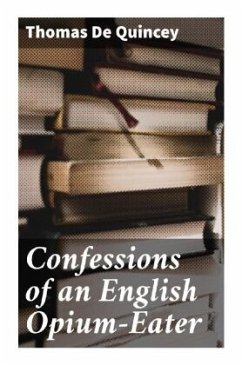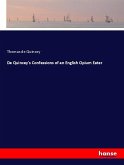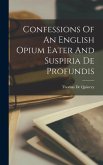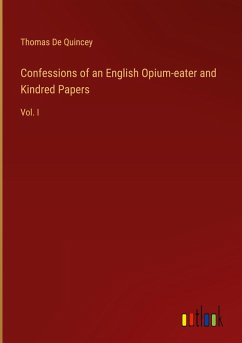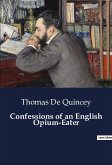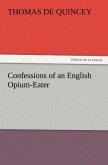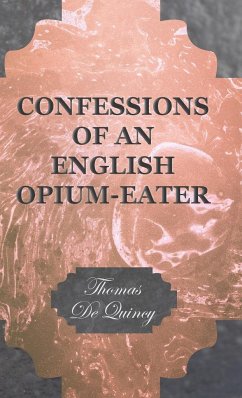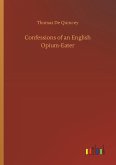In "Confessions of an English Opium-Eater," Thomas De Quincey artfully intertwines autobiography with philosophical reflections, presenting a profound exploration of addiction and its impact on consciousness. Written in a lyrical prose style characteristic of the Romantic period, the book delves into the author's experiences with opium, reflecting both the allure and the devastation of narcotic use. De Quincey's vivid imagery and introspective narrative not only illuminate his personal struggles but also engage with broader themes of suffering, ecstasy, and the dual nature of pleasure, positioning the work within the Romantic fascination with extremes of human experience. Thomas De Quincey, born in 1785, was a significant figure in the Romantic literary movement and a pioneering voice in confessional literature. His own turbulent life, marked by loss and chronic pain, led him to seek solace in opium, an experience he meticulously chronicled. De Quincey's love of language and acute sense of psychology allowed him to articulate the complexities of addiction, forging a path that would influence future writers and thinkers about the nature of desire and despair. This seminal work is crucial for anyone interested in the intersections of literature, addiction, and self-exploration. De Quincey's reflections resonate deeply with contemporary issues surrounding substance use and mental health, making "Confessions of an English Opium-Eater" not only a historical document but also a timeless meditation on the human condition.
Bitte wählen Sie Ihr Anliegen aus.
Rechnungen
Retourenschein anfordern
Bestellstatus
Storno

